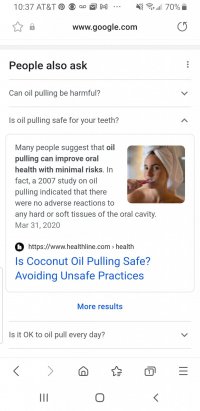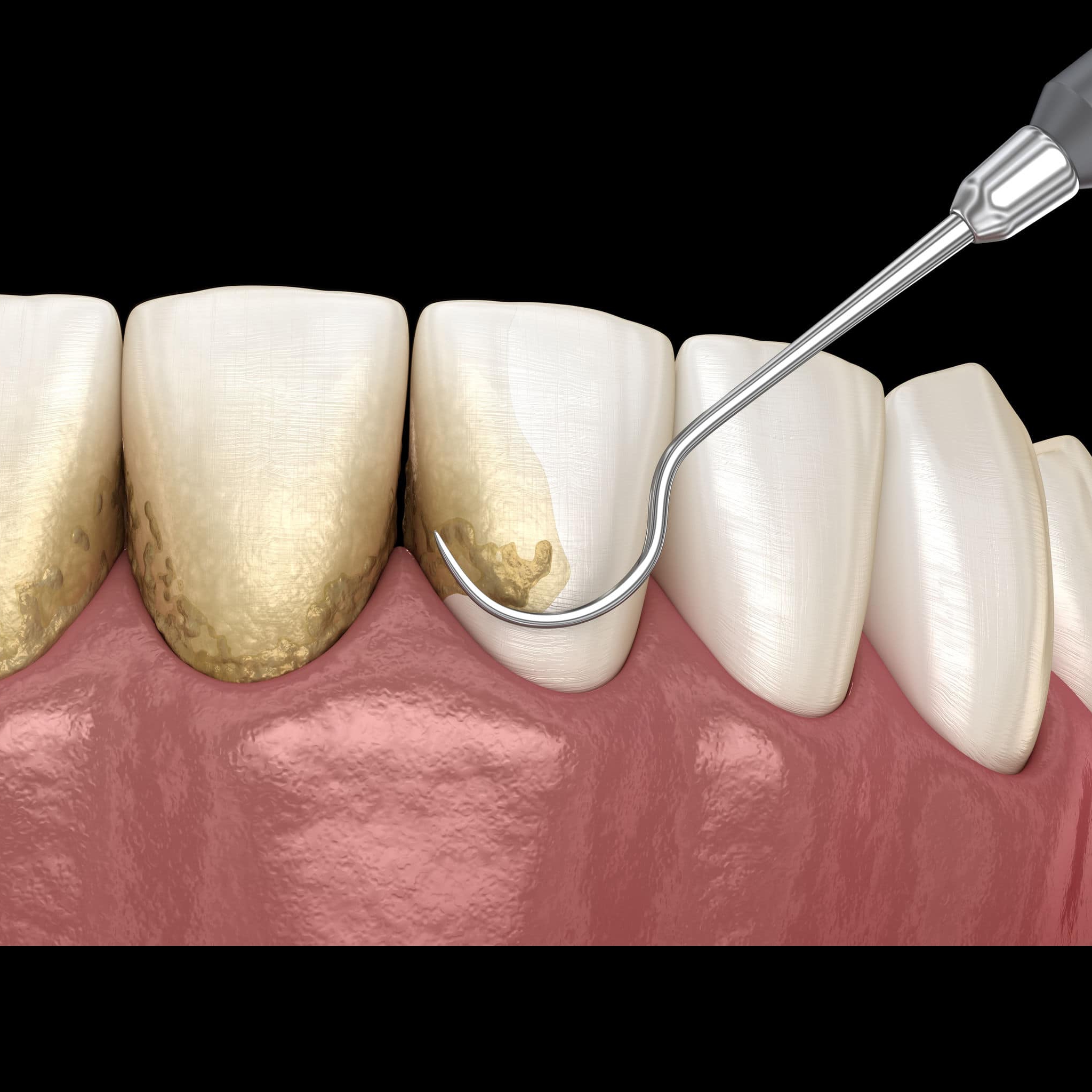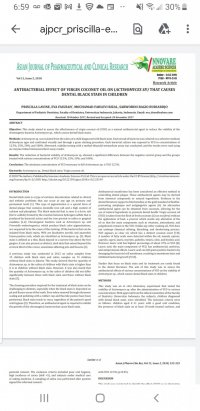SaltiestSardine
Member
- Joined
- Jul 11, 2020
- Messages
- 246
Ok then..there is no currently known pathway that would allow for this to happen. That better?. Like i said, teeth are not really bones so focussing on things which are good for bone health overall does not necessarily translate to being good for teeth. What matters with remineralisation of teeth is the particle size of the minerals to have to be as small as the hydroxyapatite material that make up the dentin and enamel of a tooth. Maybe if you found some angstrom sized minerals and found a surefire way to get them into teeth through trial and error(i'm not sure just keeping them in your mouth would be enough)you might have some luck with getting some density back, but i don't think its possible with dairy, raw or otherwise based on my own trial and error anyways and definitely not coconut oil(lol). i've never seen anything to support that theory other than the WAPF which has its biases. Been down that rabbit hole..wont be doing it againHow do you know that?
I've heard this from all my dental assistant family members.





